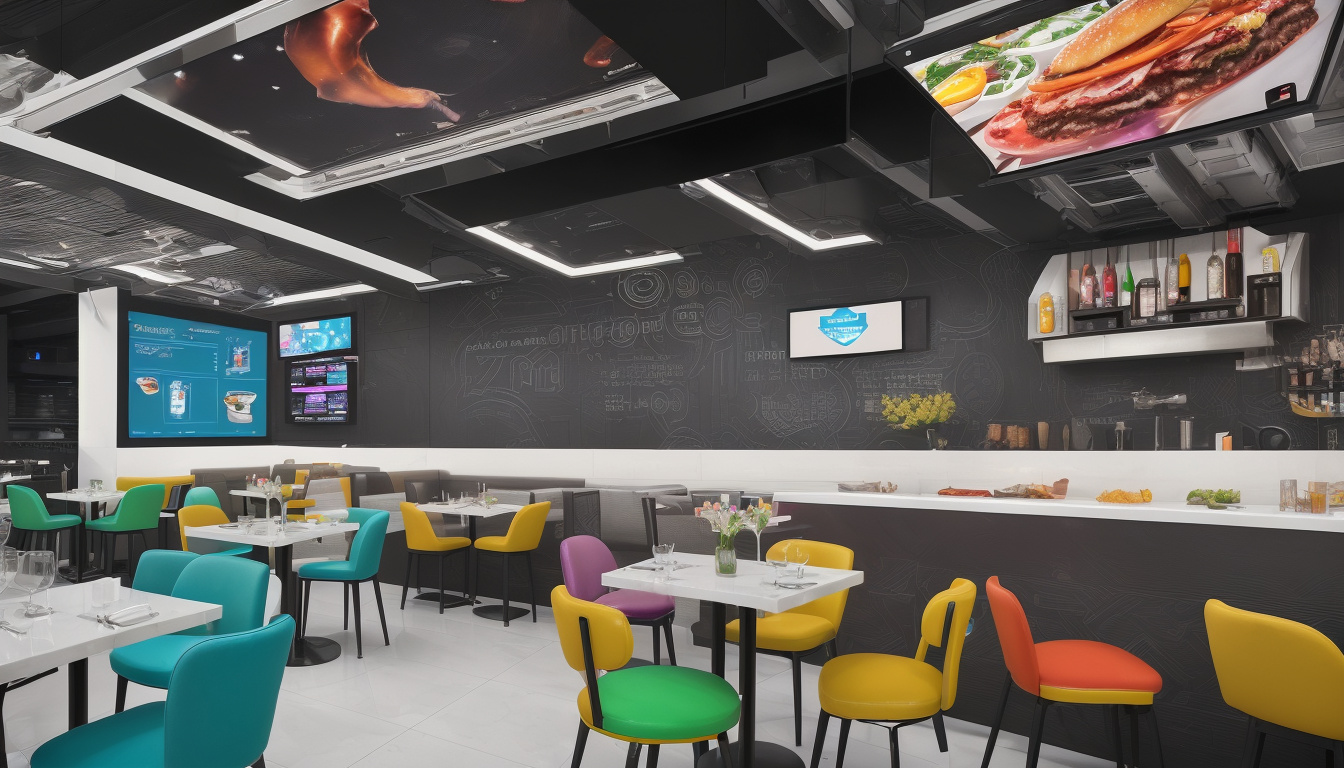Restaurant Technology News Recap: Week of June 29, 2025
The week of June 29, 2025, brought substantial developments in the restaurant technology sector, underscoring ongoing shifts in digital transformation, delivery innovations, and operational efficiency enhancements. From strategic acquisitions to groundbreaking pilots of autonomous delivery and artificial intelligence (AI) solutions, the industry continues to embrace tools designed to improve customer experience and streamline restaurant operations. Below is a comprehensive roundup of the key news and trends shaping the space.
Olo Acquisition by Thoma Bravo Signals New Era for Restaurant Ordering Platforms
A landmark deal has taken place in the restaurant tech world as private equity firm Thoma Bravo announced its acquisition of Olo, a premier provider of digital ordering and customer engagement solutions for restaurants. Valued at $2 billion in an all-cash transaction, the acquisition transitions Olo from a publicly traded company to a privately held entity.
Olo’s platform supports over 750 restaurant brands across 88,000 locations throughout the United States, powering digital ordering infrastructure that has become essential in the post-pandemic era. Industry analysts view the acquisition as a clear sign of consolidation, with investors now favoring scale and platform integration over niche specialization. By removing shareholder pressures, the move is expected to enable Thoma Bravo to invest deeply in product innovation and long-term growth strategies, potentially enhancing Olo’s offerings and expanding its reach within the restaurant ecosystem.
Drone Delivery Expands in Dallas–Fort Worth: DoorDash and Flytrex Partnership
In the realm of last-mile delivery, DoorDash has extended its autonomous aerial delivery service in the Dallas–Fort Worth metro area through a strategic partnership with Flytrex. This expansion now brings drone delivery to nearly 100,000 households in the Dallas suburbs of Frisco and Little Elm.
This pioneering service enables customers to receive food and beverage orders from local restaurants via Flytrex’s autonomous drones, representing a leap forward in suburban delivery logistics. By bypassing congested roads, drones offer faster deliveries, reduced carbon footprints, and potential cost savings—factors that could redefine expectations for food delivery convenience in suburban markets.
Serve Robotics Launches Sidewalk Delivery Robots in Atlanta with Uber Eats
Autonomous delivery technologies continued their march toward mainstream adoption as Serve Robotics deployed its sidewalk delivery robot fleet across several Atlanta neighborhoods. Partnering with Uber Eats, Serve Robotics’ robots are now actively delivering orders from popular restaurants including Shake Shack and Rreal Tacos.
These sidewalk robots offer a contactless, efficient last-mile delivery alternative with reduced human driver dependency. The company aims to expand its U.S. robotic fleet to 2,000 units by the end of 2025, signaling strong investor confidence in robotic delivery’s scalability and consumer acceptance in urban and suburban settings.
Yum China Pilots Q‑Smart AI Assistant at KFC Locations
Yum China is testing an advanced voice-activated AI assistant called Q‑Smart across select KFC stores to assist store managers with various operational tasks. The AI tool supports inventory management, food safety compliance checks, and labor scheduling, aiming to reduce decision-making friction and improve efficiency, particularly during high-volume service periods.
Preliminary outcomes from the pilot program suggest that Q‑Smart can enhance operational consistency and empower frontline staff by providing timely insights and automating routine processes. This deployment reflects a broader trend toward AI integration in store-level management to elevate performance and guest experience.
Industry Trends: Consolidation, Autonomous Delivery, and AI Integration
The recent developments underscore several pivotal trends reshaping the restaurant technology landscape. First, consolidation activities—highlighted by the Olo acquisition—demonstrate a preference for scalable, integrated platforms over smaller specialized solutions. This shift can accelerate innovation cycles and foster more cohesive digital ecosystems for restaurant operators.
Second, autonomous delivery is moving beyond experimental phases into operational rollouts in major U.S. metros. Drone and robot deliveries are no longer futuristic concepts but practical solutions being adopted to enhance delivery speed, reduce costs, and meet consumers’ demand for safety and convenience.
Finally, AI-powered tools are increasingly embedded in restaurant operations ranging from customer loyalty programs to in-store management. Research reveals that 70% of restaurants are either actively using or piloting AI-driven solutions, aiming to boost customer engagement, streamline workflows, and maintain food safety standards.
Looking Ahead
As 2025 progresses, these dynamic shifts indicate that restaurant operators and technology providers must remain agile and intelligent in leveraging tech innovations. Strategic investments in ordering infrastructure, delivery automation, and AI-enhanced management will continue to define competitive advantage in an increasingly digital and customer-focused restaurant industry.
For those seeking to stay informed, Restaurant Technology News continues to monitor and deliver the latest insights, research, and vendor updates impacting how the foodservice sector navigates the burgeoning tech landscape.
Restaurant Technology News is published by Starfleet Media, a trusted source for hospitality industry developments. For ongoing updates, subscribe to our weekly newsletters or visit our website.










